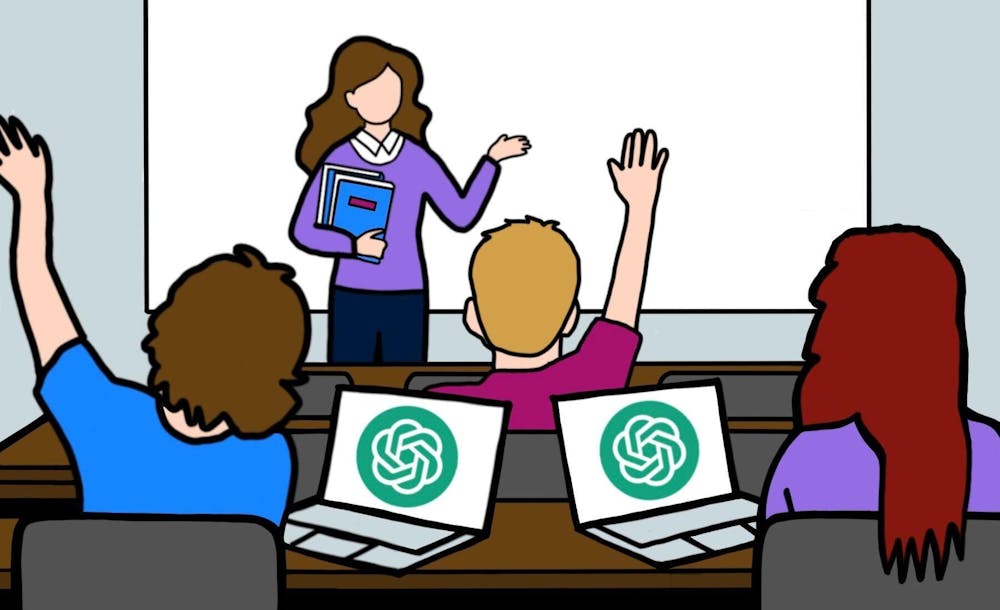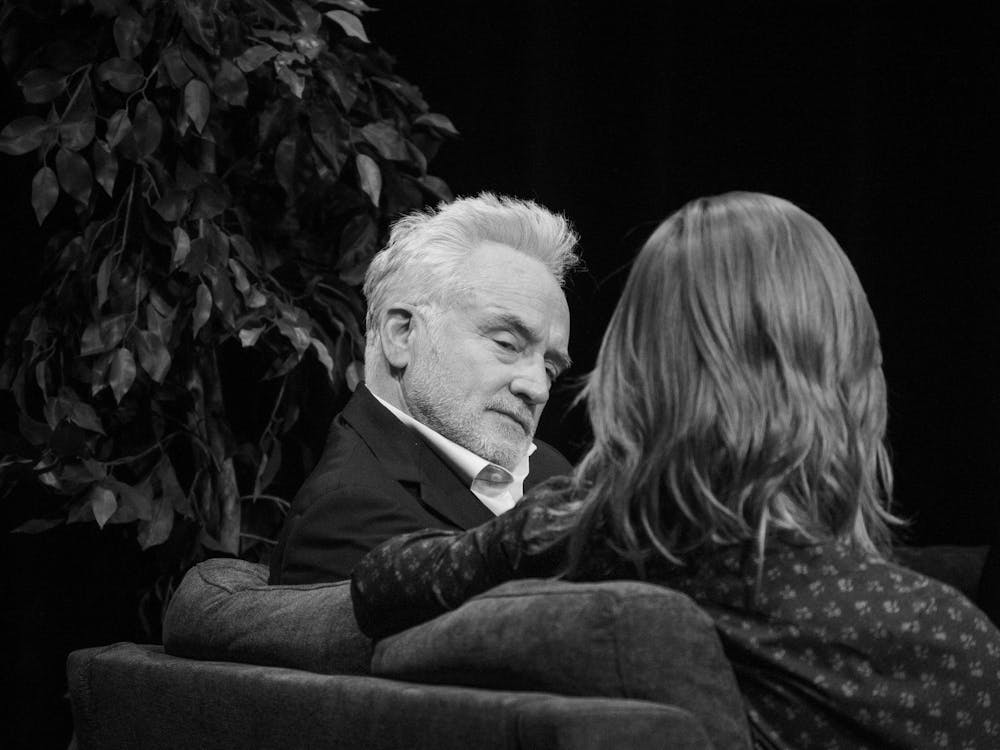The term artificial intelligence (AI) is used so frequently in everyday conversation that often we forget the most important adjective in its name: artificial. University professors and administrators are starting to wonder why their students turn to AI to think for them, pass for them and graduate for them.
This is not news.
Students – both past and present – have adapted to an education system where intelligence is a memorized practice; getting the answer right is the ultimate end goal.
Most people can identify the familiar pattern of our higher education training: study, memorize, spit out, rinse and repeat. But somewhere along the way, what was meant to be the foundation became the forum, and what was meant to be the means became the method. Much like a search engine and its results, we have become information generators, automating and bending to what is prompted of us.
So, we cut corners. We do the bare minimum. After all, that is all that is required of us – the way we find those answers is irrelevant.
On the one hand, AI achieves the pinnacle of what every technological progression aims for: eliminating mundane tasks while maximizing time efficiency. But wisdom is a slow practice. It is grafted in those mundane choices: the daily, the monotonous and the nonlinear.
It cannot be expedited with the technological manifestation of the coined phrase, “time is money.” You cannot get smarter, faster, because you have acquired the information quicker. In reality, the opposite is true: studies have shown that an increased reliance on artificial intelligence correlates with a decreased cognitive critical thinking ability.
Ronald Becker, a media and communication professor at Miami University, adds to this ongoing conversation through his focus on the evolution of technology and its cultural connotations in class. In stressing AI’s cognitive implications for our digitalized society, he said that the calculator is no longer a plausible metaphor for AI.
“The problem is you can use calculators as a tool only if you understand the equations …” Becker said. “[AI] does more than what a calculator does, it replaces habits of mind.”
Per one human mind, there is an infinity of artificially-generated thoughts, and those infinities are expounded upon the comparable eight billion. You would think we’re getting smarter, but we’re getting dumber. Communication, critical analysis and synthesized deduction are all at an all-time low.
The irony? We are happy to concede. Our senses, dulled and detached to the scrutiny of information, have no protest to the loss of cognitive inference – in fact, we are eager to be relieved of energy-induced and time-consuming tasks.
But availability is not to be mistaken with validity - if our world operated on our most minimal effort, what would become of it?
Enjoy what you're reading?
Signup for our newsletter
Victim to the overbearing, overused cliché “kids these days … back in my day...” (undoubtedly exhausted by your dad or grandparent), the younger generations are not singled out in their deviance: their parents said the same thing, and so did their parents and so on. A cliché certainly tried, but unconvincingly true. Technology merely intensifies and affirms the continuity of human nature: if there is an easier option, it will be taken.
The reality is this: we adhere to whatever status quo has been established, in whichever space, in whichever way. And oh, it has been established. We’ve all been there: an open-ended question, an awkward silence, a mind set in daydreams, an embarrassment to seem interested – all are afflictions of the well-intended Miami student within the (trigger-warning) in-class discussion.
We could chase our tails in circles all day, theorizing what perfect condition needs to be curated – presented in a neat little box with a bow – just for us to be slightly more inclined to change our habits and transform mere intent into a formidable practice.
Only so much can be said about intent: we intended to do things differently for our New Year's resolution, we intended to study more this semester and we intended to change certain habits. It is easy to intend, but it is much more rewarding to be diligent, despite.
From empathetic inquiry to apathetic consumption, the hyper-dependence on AI has become an infectious and catalytic side-effect of “cognitive laziness,” where the inclination to actively participate is outweighed by the readiness to passively receive.
What does this mean? A deep thinker can only be fostered by a deep curiosity, and, likewise, we cannot simply wait for the terms to change to dictate our response.
The change begins with you: to be diligent, despite the easier option.
Kathryn Hippe is a junior journalism student with a minor in politics, philosophy and economics. She writes for the opinion section of The Miami Student.




